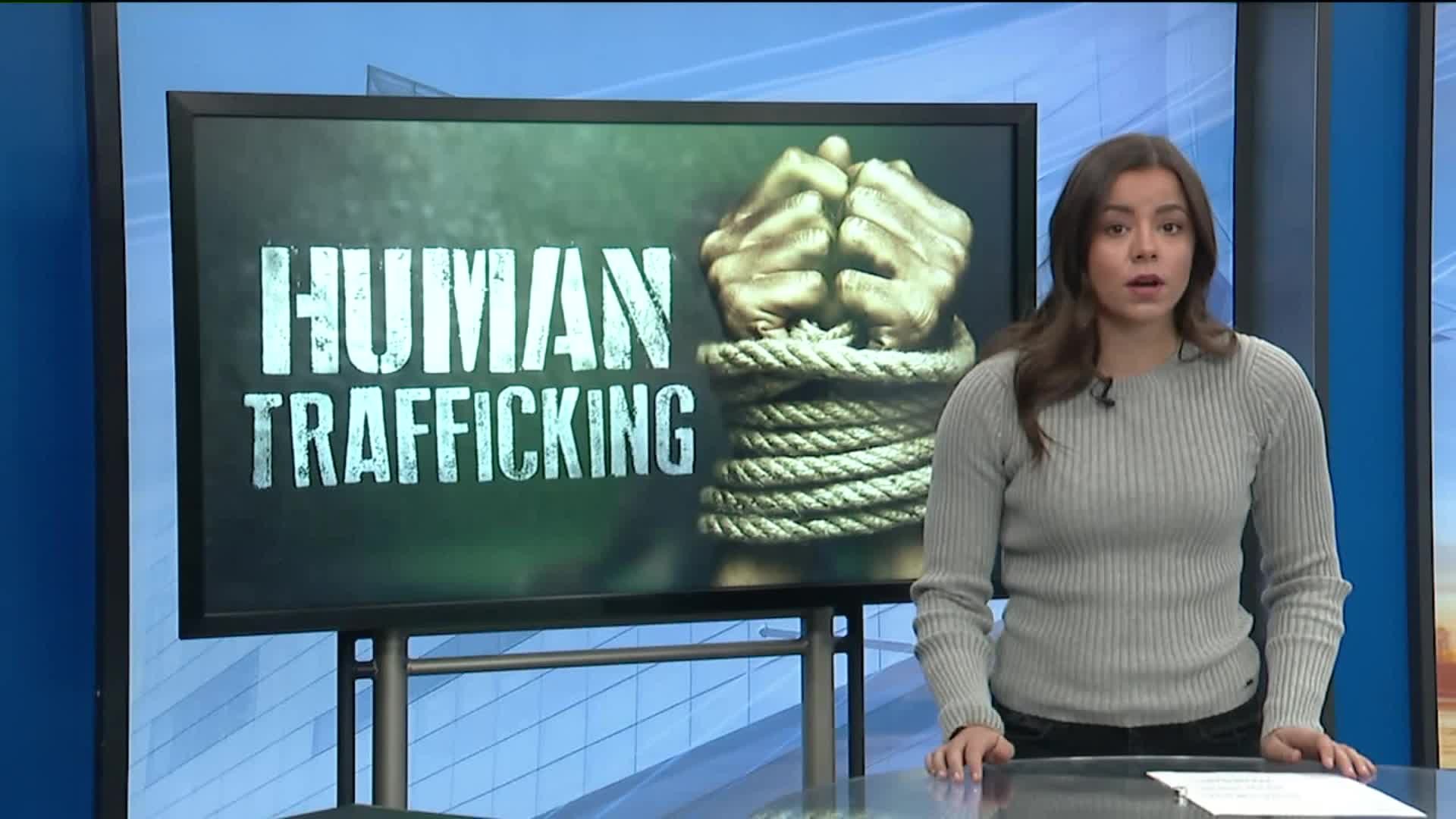It's the crime that's hidden in plain sight and can be found anywhere, at all times.
A survivor advocate in the Quad Cities says the community can help combat human and sex trafficking by continuously offering and encouraging support.
"The main way people can help is really letting them [survivors] know it’s not their fault, they are believed and there are resources available," said Pauline, a survivor advocate with Braking Traffic.
Braking Traffik is a branch of Family Resources that offers services for victims of human trafficking in the Quad Cities. Born and raised in the area, Pauline said Braking Traffik provides the most comprehensive support for human trafficking survivors in the region. As a survivor advocate, Pauline helps survivors find shelter or affordable housing, employment, public assistance benefits, childcare and more.
Pauline said oftentimes victims of human trafficking are free to come and go but "psychological manipulation keeps them in that situation."
"People always think about the tape over the mouth, chains or bruises and that's not always present. It's not always that simple," Pauline said. "Human trafficking is a human rights violation hidden in plain sight."
Although it can happen anywhere, key characteristics of Iowa make the state particularly susceptible to human trafficking.
Two major interstates, I-35 and I-80, cross through Iowa making travel in and out of the state quick and efficient. Since the Human Trafficking hotline started in 2007, there have been nearly 2,000 contacts made with potential victims in Iowa. With the nation's third largest city Chicago and more than triple the population, Illinois reports more than 6,000 contacts since 2007.
A 'contact' includes phone calls, online forms and emails. Across the county, nearly 250,000 have been made.
Iowa U.S. Senators Chuck Grassley and Joni Ernst as well as Illinois U.S. Senators Tammy Duckworth and Dick Durbin all co-sponsored the 2018 Stop Enabling Sex Traffickers Act which removed protections for online advertisers of sex trafficking. The bill contributed to the shutdown of Backpage, formerly the largest website for buying and selling sex.
Although Backpage, operating from 2004 to 2018, was seized by the FBI, Pauline said human trafficking is still prevalent.
"There are other avenues," she said. "These are long-standing issues that have existed even before the internet. It’s a multi-billion industry so traffickers will get around that. It’s just important to pump the message that there are services out there."
To find local walk-in crisis services visit the Family Resources website, here. The Illinois 24/7 crisis line is 309-797-1777 and the Iowa line is 866-921-3354.
The National Human Trafficking Hotline is toll-free, confidential and available 24/7 for potential victims. Grassley encourages concerned citizens, law enforcement, airline crews, hotel staff, medical professionals and educators to use the tip line to report something suspicious.
For help or to report, call (800) 373-7888 or text “BE FREE” (233733).

